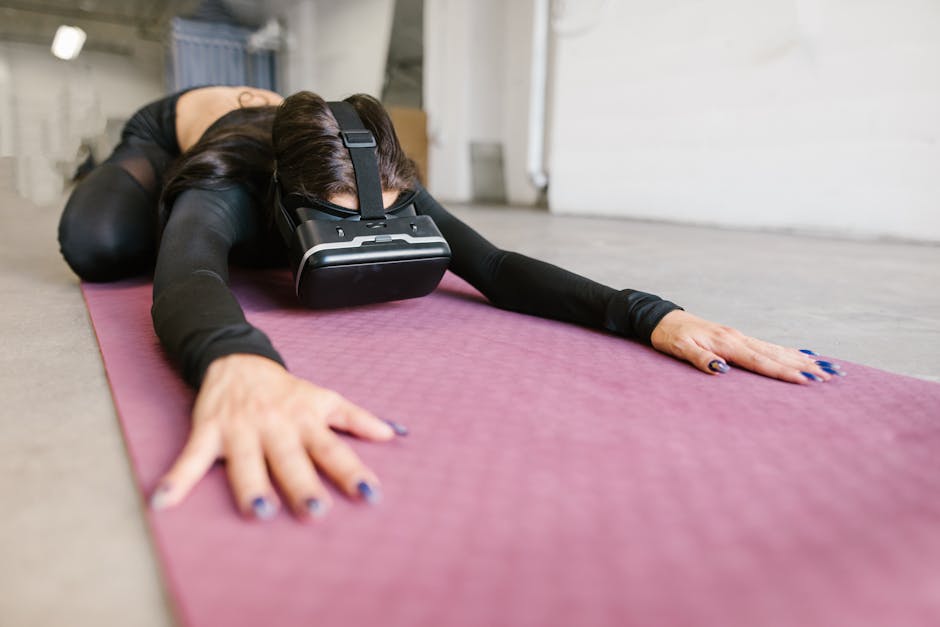
Impact of Virtual Reality on Mental Health
Understanding Virtual Reality and Its Role in Mental Health
Virtual reality (VR technology) has emerged as a powerful tool in the field of mental health. It offers immersive experiences that can simulate real-life scenarios, providing new avenues for therapy and treatment.
Benefits of Virtual Reality in Mental Health Treatment
One of the key advantages of VR is its ability to create controlled environments for exposure therapy. For instance, individuals with anxiety disorders can gradually confront their fears in a safe setting. Additionally, VR can be used for stress relief and mindfulness training, helping users manage their mental well-being more effectively.
Challenges and Considerations
Despite its benefits, integrating VR into mental health care presents challenges such as accessibility, cost, and ensuring user safety. Researchers are continually working to address these issues to make VR therapy more widely available and effective.
Future of Virtual Reality in Mental Health
The future of mental health therapy with VR looks promising, with ongoing advancements aiming to personalize experiences and improve outcomes. As technology evolves, VR may become a standard component of mental health treatment plans.
